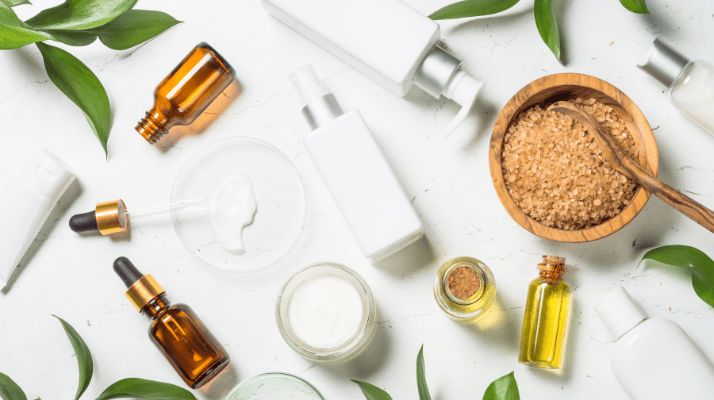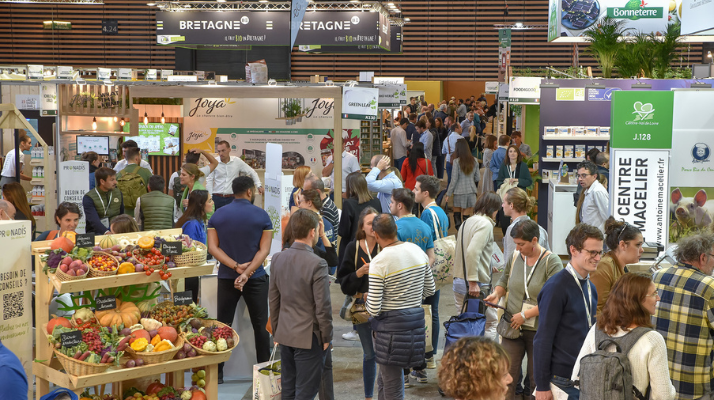- Market Info
Aluminum-bronze in heat exchangers
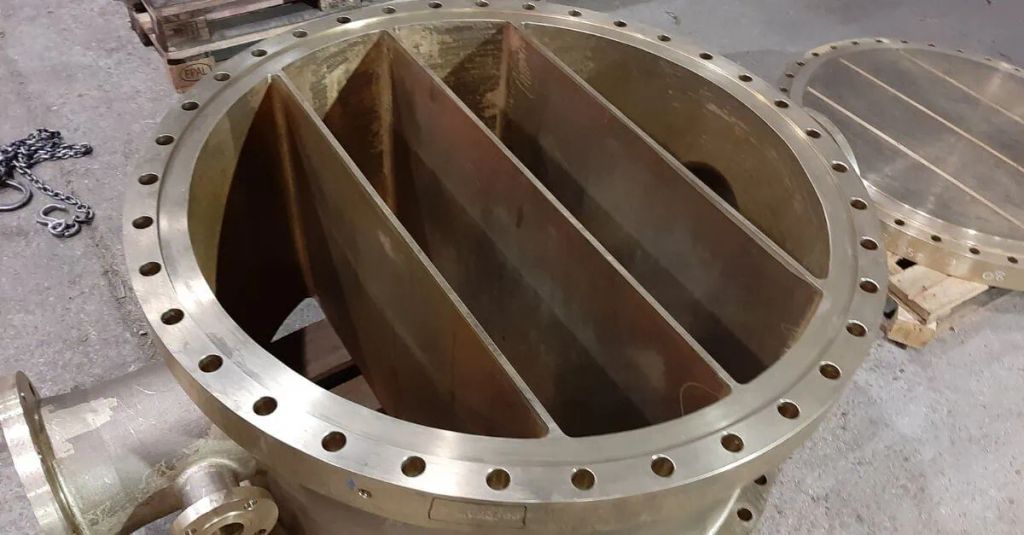
Aluminum-bronze and nickel-aluminum-bronze alloys are less known than other stainless or coated steels, yet they have been explicitly developed to face seawater corrosion issues. Inoxyda, a Normandy-based company, adapts the potential of those alloys to the design of heat exchangers. Industries linked to the maritime environment represents a big part of the economy in the Nordic countries. Therefore, Inoxyda’s alloys might be of interest in various process plants or for heat exchanger manufacturers.
Aluminum-bronze alloys developed by Inoxyda offers excellent potential in many industrial applications
Aluminum-bronze alloys are copper-based alloys, including aluminum, nickel, or iron. These components allow the alloy to vary properties such as strength, resistance to corrosion, or machinability, depending on the foreseen use.
The main property of the alloy, its high corrosion resistance, comes from oxidation, a chemical reaction between the alloy and its environment, creating a self-repairing protective film at the surface. This film protects the component from corrosion and outlasts most coated steel solutions.
The main component of the alloy, copper, offers additional benefits in marine applications. Indeed, high copper-based alloys in seawater prevent the growth of crustaceans and seaweed that can create biofouling. Therefore aluminum bronze helps to reduce maintenance.
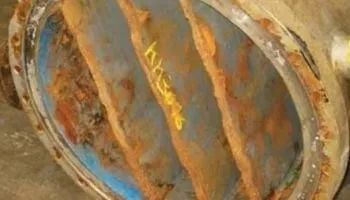
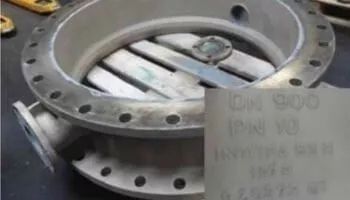
Aluminum bronze, a solution for heat-exchangers
Corrosion and biofouling resistance make aluminum-bronze alloys superior to steel-based alloys in the design of seawater components, as we have already seen in a previous article: Aluminum Bronze alloys, an alternative for pumps in marine applications.
Heat exchangers involve the transfer of heat between two liquids, and when one of them is brackish or seawater, aluminum-bronze alloys allow the various components in contact (mainly Channels, Floating heads, Covers, Tubesheets) to be corrosion resistant, leading to less downtime for repairs. In the March 2021 edition of the Heat Exchangers World’s revue, Dr. Elaya Perumal Kailasanathan explains the phenomenon of stress corrosion cracking in heat exchangers tubes made of standard steel and how it leads to downtime.
Aluminum-bronze alloys are also found in more specific navy environments where standard alloys don’t have the required characteristics, such as for mine hunter or submarine applications. For those particular use, Inoxyda has developed specific low magnetic permeability aluminum bronze alloys such as I 53 AMA or high resistance I 154 NAB alloy that can be forged.
Inoxyda: a supplier for the Nordic market
Inoxyda can cast various tube & shell heat exchanger components, including large size, mainly used in marine-related processes. Nordic countries’ industry is well developed around maritime and navy environments where Inoxyda’s casting capabilities can be of interest.
Inoxyda has been present in Scandinavia for many years, and its products are distributed by Gothenburg-based company Hj. Edwards & Co, acting as a focal point for all technical applications.


Article written by Jeanne Blain






